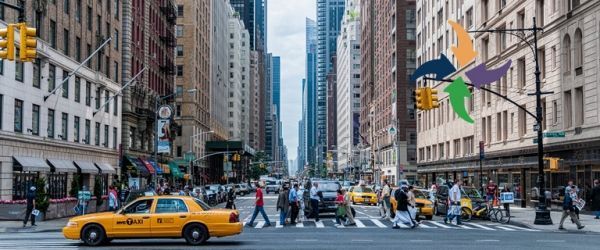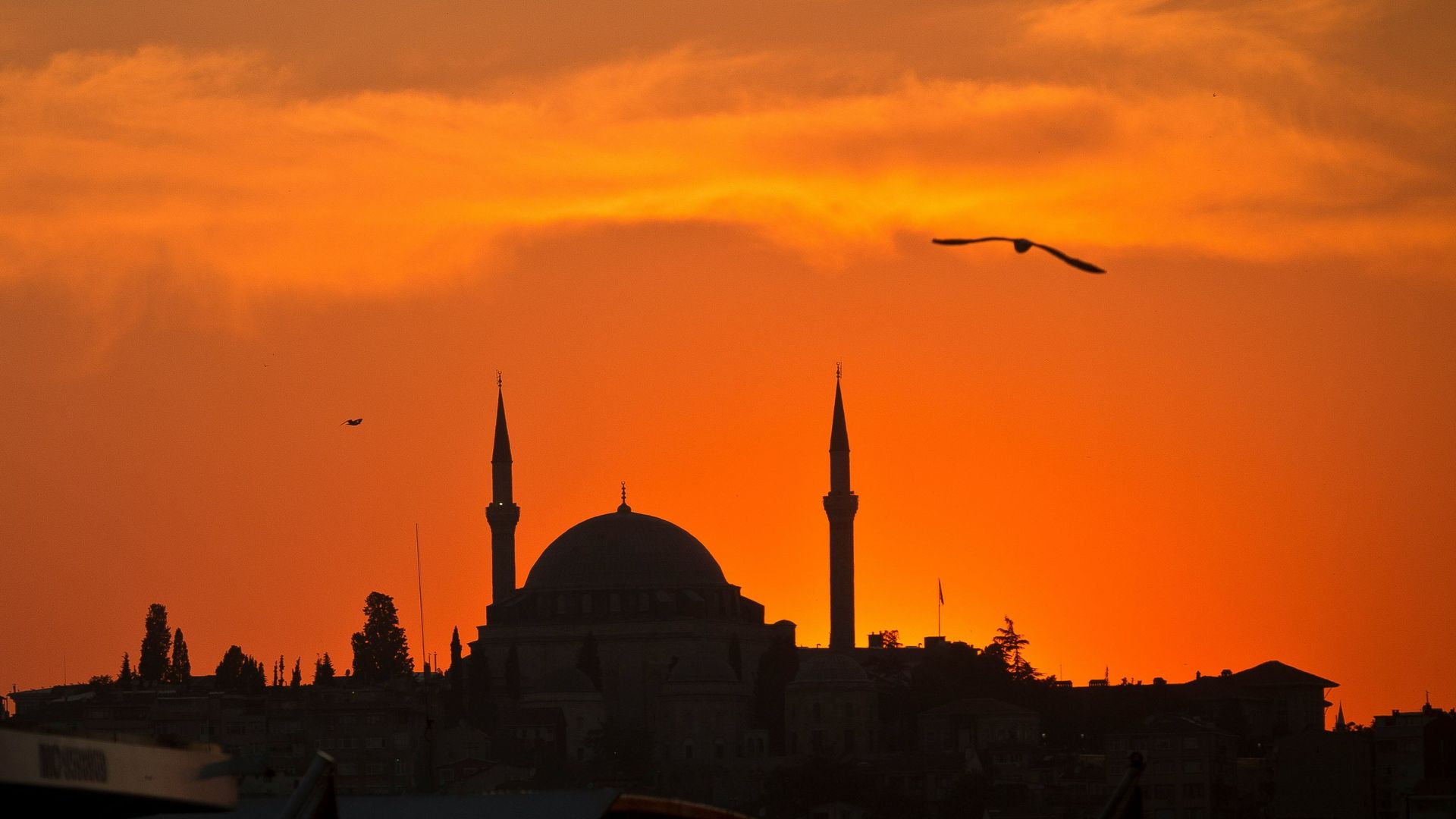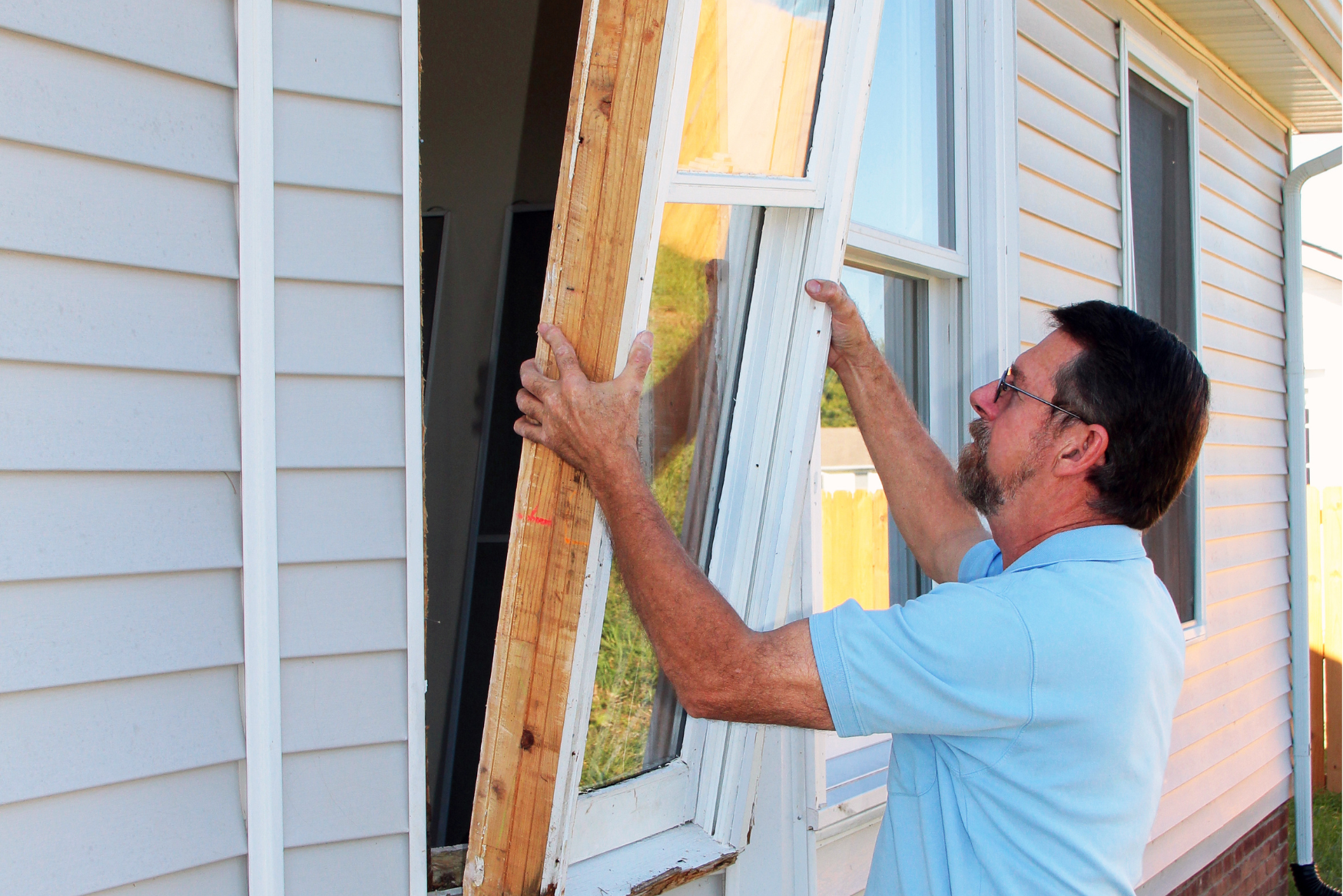
Reaching UPGs in NYC
The United States and Canada have welcomed more than 50 million immigrants, many of them from countries with large populations of unreached people groups. In response to this great opportunity, SEND has launched its Diaspora | North America team. In the coming months, we will introduce you to workers in several cities, all reaching out to diaspora peoples in diverse ways that reflect the complexities of each group’s culture. Today, we interview Kevin King, president of International Project.
Kevin and his wife, Jeanne, want to see a movement of churches among unreached people groups, starting with diaspora communities in international cities and spreading into least-evangelized countries.
In 1998, the Kings moved to New York City to help begin International Project. For the first 12 years of their ministry, they focused on reaching unreached people groups on college campuses, at the United Nations and in various communities.
In 2010, Kevin launched EQUIP, a 10-month program that trains cross-cultural church planters by giving them practical experience reaching out to members of the more than 50 unreached people groups in New York City. SEND partners with International Project to send workers to this strategic city.
Q. What drew you to ministry in New York City?
The world is moving to the cities. Over 50 percent of the world now lives in cities, and that number will continue to go up. The normal paradigm of missions must (and will) change away from the jungle missionary to the urban missionary because we have to go where the people are. I was drawn specifically to New York City because it is home to more than 50 distinct unreached people group communities, where members of the same people group are living in ethnic enclaves.
Q. How do you connect with the people you are trying to reach?
My involvement first means living in an apartment in a neighborhood with significant numbers of people from an unreached people group. Secondly, it means building relationships and intentionally living the gospel out loud with the people I come in contact with. Thirdly, it means working with a team to carry out an agreed-upon plan to engage the people group, start Bible studies and see churches planted.

Q. Can you describe a “typical” day?
Every team in our ministry has a different strategy, but it always means spending significant amounts of time living, shopping, playing and eating where the people group lives, shops, plays and eats.
Q. What are some of the biggest challenges facing the people you serve?
Immigrants and refugees are incredibly busy. Sometimes people have to have multiple low-paying jobs just to survive. In order to be effective in urban ministry, you have to let go of your traditional ideas of when ministry happens and be available and ready to meet with people when and where they are available. Ministry late in the evenings and on weekends is the norm.
The larger a city is, the more hectic life can be. Longer commutes and being surrounded by people can close people off. They build protective barriers around themselves for survival. You have to find ways to engage them so that they invite you into their protected world.
Q. What effective ways have you found to share the gospel with diaspora peoples?
We specifically look for people who are called “people of peace.” The idea of a person of peace comes from Luke 10. It is a person who is not simply spiritually receptive, but will welcome you into their household or community to bring a spiritual message. A good example of a person of peace in Scripture is the Roman centurion in Acts 10. He was not only receptive to Peter’s message, he also gathered all his family and friends together to hear this message from God. We are looking for people who will gather their friends and family together to hear the gospel or learn about God in the Scripture by doing a Discovery Bible Study.
The other thing we are looking for in a person is someone who is ready to obey what God is teaching them. Our methodology of discipleship is called obedience-based discipleship. The focus of discipleship in the West is generally informational-based discipleship, so we have discipleship classes with little accountability or follow-up. Obedience-based discipleship seeks to have people immediately obey what they learn and not move on to learn new things until they are willing to obey the first things God is teaching them. This type of discipleship requires more life-on-life with people and is not focused on simply learning information.
These two characteristics in new believers are what allow the gospel to spread from one household to another. We are seeking out persons of peace who are ready to obey in order to see a church-planting movement.
Q. How do you feel the church should respond to the great wave of migration happening around the world?
Before we consider issues from a political perspective in terms of our national citizenship, we should first look at things from a Biblical perspective as citizens of God’s Kingdom.
Rather than understanding God’s heart for the nations and seeing migration as an opportunity to bring the gospel to unreached people groups of the world, many in the church are responding in anger and hatred toward Muslims and others migrating. This saddens us because throughout Scripture we see the theme of God using migration to bring the nations to himself. We also see God commanding the nation of Israel to love the foreigners among them ( Deuteronomy 10:18-19
 ) and to help those who are
vulnerable.
) and to help those who are
vulnerable.
In order to help the church have God’s perspective, we recently put out a video called “The Foreigner Among Us.” We praise God that thousands have watched this video; we are praying that thousands more will watch and that God will use it to give them a new perspective.
Q. Why is diaspora ministry an effective way to reach the unreached?
The great wave of migration opens strategic doors to engage people in real areas of need. Diaspora missionaries have doors open to us that missionaries in an unreached person’s native country often do not. Foreigners come needing help with language, basic necessities, employment, navigating the new culture and system — things, like getting heath insurance or a driver’s license, that we do naturally. Being vulnerable, these foreigners often are more spiritually receptive that when in their home countries. These felt needs give diaspora workers an incredible opportunity to engage unreached people groups not only physically but also spiritually.
Q. How has diaspora ministry in New York City been affected by America’s current socio-political climate?
One thing the political situation has done is made many of our international friends very scared and anxious. So, whatever the cause, whenever people are anxious or scared, it is an opportunity to pray for them and show the love of Christ. One thing I do believe is that God is sovereign and whatever happens he will use these events to work in the hearts of people to draw them to himself.
Q. What’s hard about doing diaspora ministry in New York City?
The city has a way of wearing you down and chipping away at you. The fast pace, the crowds, the selfishness — when you smash so many people together in a small space, the rawness of people’s sin comes to the surface and hits you in the face. I have found that for many people, it is a bigger sacrifice to live in a city than to live in a jungle with no electricity.
Q. What are some practical ways that people can get involved in this ministry?
Consider joining NYC EQUIP , which is a 10-month, cross-cultural, church-planting training program. Many people who are looking to become full-time missionaries have never done ministry cross-culturally. They do not know how to share the gospel in a contextually relevant way. Or they don’t know how to disciple someone in a way that will lead to reproduction. Or they don’t know how to gather a family together and lead them through Scripture to faith in Christ and to the formation of a church.
NYC EQUIP is designed to teach people church-planting methodologies and, more importantly, to develop within people evangelism and disciple-making skills so that they can minister effectively when they get to their long-term team. Most overseas teams have neither systematic training in place nor the time to mentor, coach and train new team members. EQUIP has mentors, coaches and trainers all focused on helping the participants grow spiritually and in ministry effectiveness.
I would encourage people not to wait until they are trying to adjust to a new culture and learn a new language to start learning all these things. They will be far more prepared and emotionally stable if they learn these things prior to joining their long-term team.
- Find out how you can serve short-term with SEND.
- Explore short mission trips
through SEND.
- Find a missions internship.
- Subscribe to Explore , our free monthly newsletter full of inspiration, ideas, and encouragement for people interested in discovering their role in cross-cultural missions.
Additional Posts





